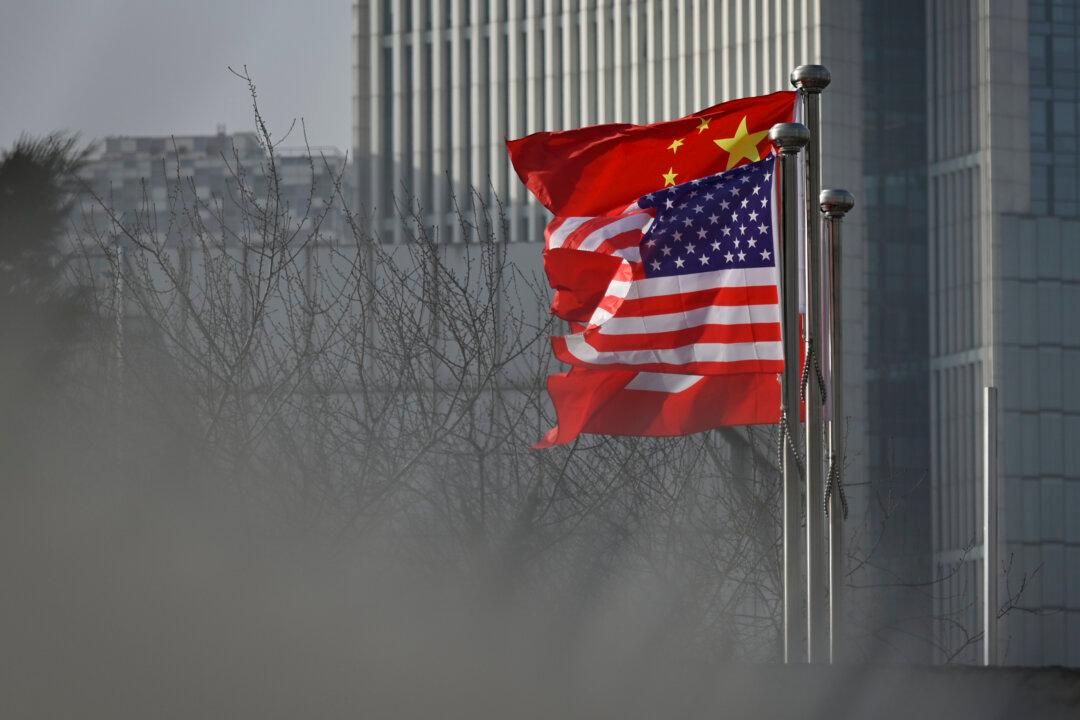Commentary
The Biden administration is trying to build alliances in Asia to deter Beijing from attacking Taiwan, but their measures are too weak. At this late stage, America can only lead through bold action.

The Biden administration is trying to build alliances in Asia to deter Beijing from attacking Taiwan, but their measures are too weak. At this late stage, America can only lead through bold action.